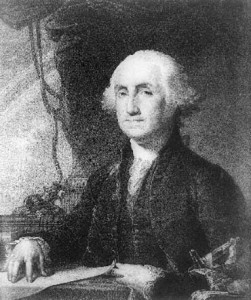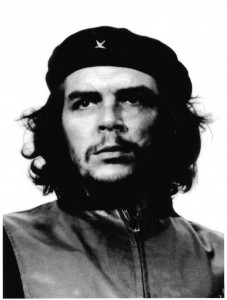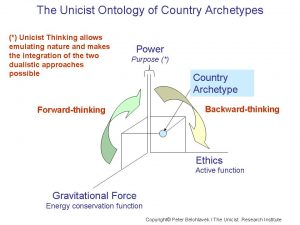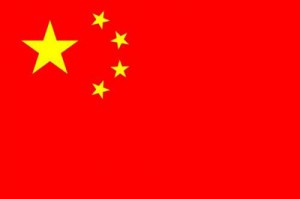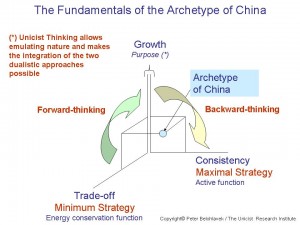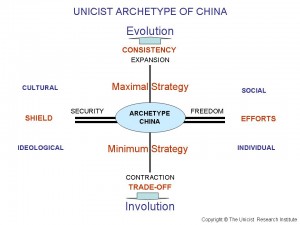Ambiguous language makes human evolution possible
 Ambiguity implies having two possible operational meanings within a sole concept. This is implicit in the etymology of the word ambiguity.
Ambiguity implies having two possible operational meanings within a sole concept. This is implicit in the etymology of the word ambiguity.
These two meanings imply on one hand a meaning that is functional to human internal freedom and on the other hand another meaning that is functional to the need of internal security.
But there is another ambivalence in an ambiguity which is based on its functionality towards expansion or contraction.
This description is an example of ambiguity. Only an ambiguous model can grasp an ambiguous reality.
An ambiguous language is essential when a communication between two individuals is based on mutual responsibility. Ambiguous communication requires biunivocity. Inter-communication is necessary to deal with ambiguity in order to agree on a common operational meaning.
Responsibility avoidance deals with operational language
An operational communication is univocal. Therefore the transmitter is responsible for the functionality of the communication. The responsibility of the receiver is to decode the message, without needing to interpret possible meanings.
Reality is ambiguous when we are dealing with complex problems because the cause-effect relations are biunivocal. In this case ambiguous language is necessary to deal with them in order to assume the responsibility for results. But it has to be considered that efficiency is based on the use of straightforward operational language.
The fallacious myths in communication
Dealing with ambiguity requires knowledge, awareness and responsibility. Managing the nature of businesses implies dealing with their ambiguity.
An enormous stupefying effort to minimize human responsibility has been made by:
a) Honoring common sense although, at least since Plato, it is known that it is based on rigid experience-based thoughts that might or not be valid for a different reality.
b) Disqualifying ambiguous communication by projecting multiple meanings on its interpretation to avoid the responsibility of managing complex problems.
That is why it is necessary to have the technical analytical knowledge, a high level of consciousness and having assumed the responsibility to produce a predefined result.
The path towards managing ambiguity is long but interesting.
Learning to deal with ambiguity
Ambiguity management can be learned if an individual knows and accepts her/his level of internal freedom.
A football champ once said:
“The more I train the luckier I am”
Solving riddles is a simple way to approach ambiguity. Riddles have many solutions. In the Far East, riddles are used to develop internal freedom and responsibility.
If you want to expand your capacity to manage ambiguity we recommend entering:
http://www.unicist.net/partners-news/unicist-riddles-honoring-bricks/
Autocracy and anarchy deal with universal and individual
operational truths using operational language.
Democracy requires ambiguity…..
You decide…..
Survivors cannot accept ambiguity because they need
to hold on “their” truths, sorry, I meant lifeboats.
You decide…..
Access the unicist standard contained in the Unicist Business Search Engine: http://www.unicist.com/
Request more information: n.i.brown@unicist.org
Peter Belohlavek
NOTE: The Unicist Research Institute is the major research organization in the world in its specialty based on more than 3,000 researches in complexity science applied to individual, institutional and social evolution. The applicative researches are based on the discovery of the Ontogenetic Intelligence of Nature and the consequent Unicist Theory of Evolution.
If you would like to receive monthly information on this blog, please register here.

